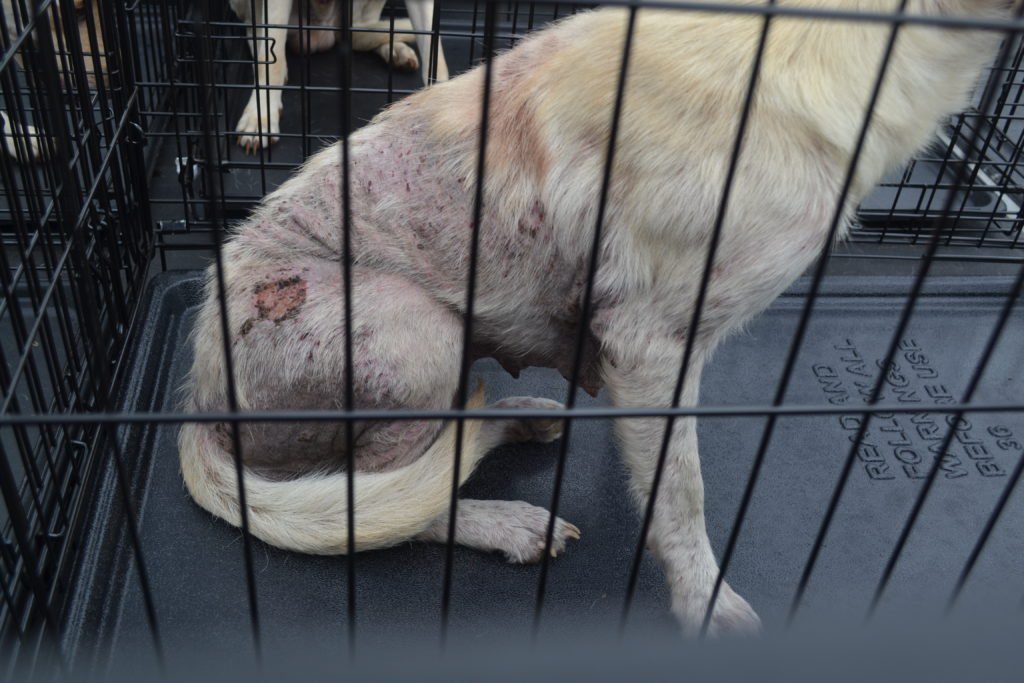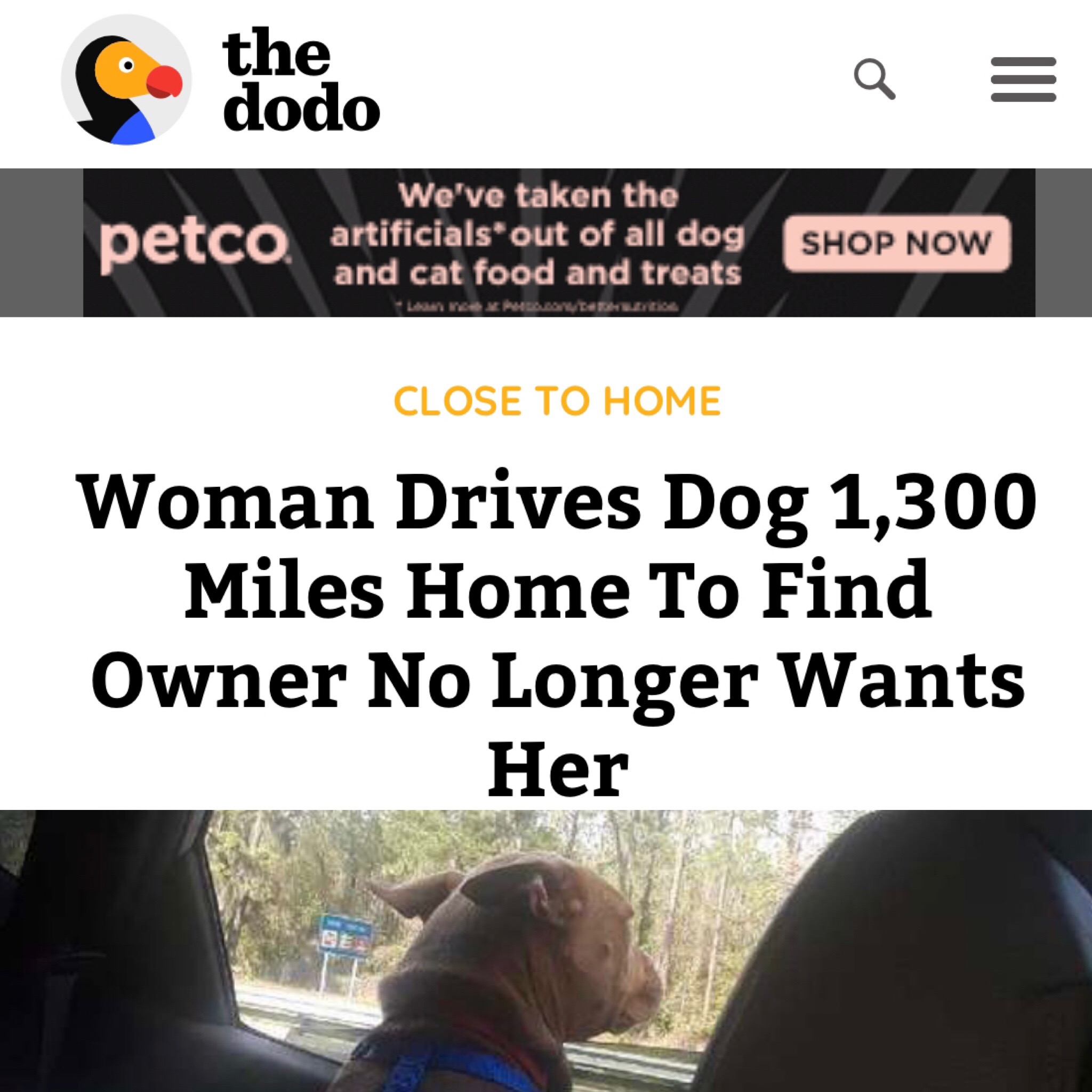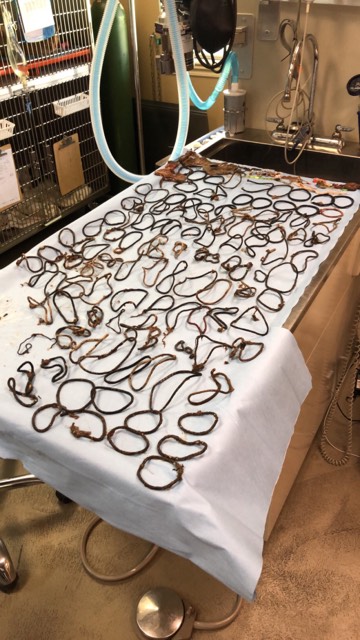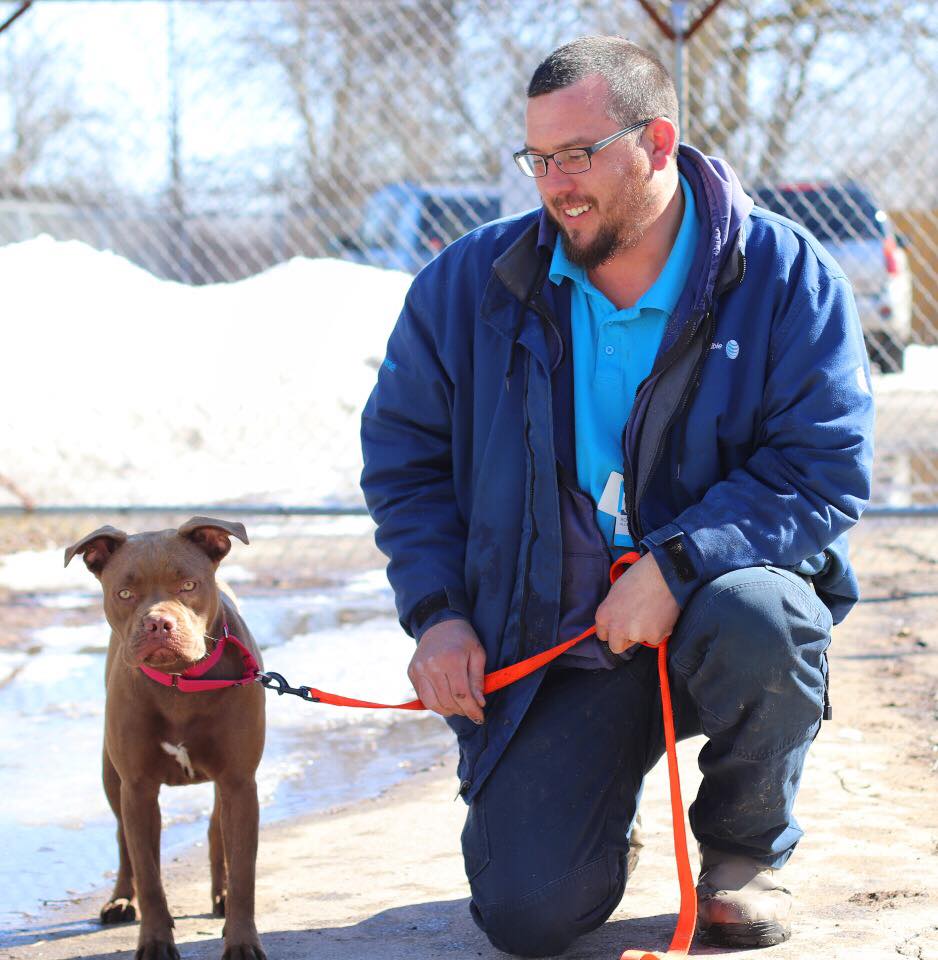An emotional statehouse hearing over a controversial Texas bill, which calls to limit the kind of care nonprofit veterinarian clinics can provide, stretched into the night.
It opened with the lawmaker who filed the legislation, Representative Drew Springer, who is the chair for the House Agriculture Committee, saying he’s gotten death threats since proposing the bill. A state trooper stood in the room as the hearing progressed.
House bill 3806 calls to restrict the type of care nonprofit vet clinics, which usually offer low-cost services, can provide. Only extremely low income pet owners would be able to utilize the clinics, and nonprofit vets who offer services to people who aren’t indigent could face criminal penalties.
Springer said he filed the bill over concerns some nonprofit clinics are making a profit selling drugs online that they are able to buy at a discount, giving them an unfair advantage. He asked, “When do nonprofits compete against for profit businesses?”
More than a dozen people testified against the bill in front of the House Committee on Agriculture and Livestock, taking the podium and asking members to vote no, saying if it passes, dogs and cats will suffer.
“Animals have no voice to advocate for themselves, they rely on humans for relief,” veterinarian and executive director of Spay Neuter Assistance Program, Mary Kate Lawler, told the committee. “I’m about being a good veterinarian and doing good work for the animals, I’m not about undermining anyone.”
At times during hearing Springer would interrupt people testifying and argue. He asked Lawler, “What if Bill Gates came into a nonprofit clinic?” Angry comments erupted in the hearing room.
Lawler responded, “If that’s the only way Bill Gates would vaccinate his dog, I don’t care.” She later added, “But I’m going to face a class A misdemeanor because I didn’t ask Bill Gates if he makes money before I vaccinated his dog?”
Others veterinarians who work for nonprofit groups testified that Texas has a massive animal overpopulation problem, shelters are constantly full and overwhelmed, some they even called kill factories.
An attorney for Best Friends Animal Society told the committee if the bill passed it would set the state of Texas back decades.
Experts said even middle class families struggle to pay for routine vet care and depend on nonprofit clinics.
The head of Austin Pets Alive, veterinarian Ellen Jefferson, testified against the bill. She fears if the bill gets voted into law the rest of the state could become like an area in South Texas that’s so undeserved by low cost clinics the local shelter is flooded with unwanted and surrendered animals.
Jefferson said that shelter euthanizes so many dogs and cats it has a conveyor belt to move out all the bodies of the pets they kill each day. “By forcing pet owners to only use private practice vets you’ll see an increase of the number of animals who end up in shelters because people can’t afford the care,” she said.
Others said if the bill passed it will put more dogs at risk of not being tested and treated for heartworm, which if left untreated, will eventually kill a dog. Treating dogs for heartworm at a nonprofit clinic often saves pet owners at least a thousand dollars.
According to data from the American Heartworm Society, Texas has one of the highest rates of heartworm positive dogs in the United States.
Some rescue groups, who depend on nonprofit vet clinics to care for their animals, testified the proposal would cripple their organizations financially and diminish the number of dogs and cats they can save.
Austin resident Emily Vandermeer sat in the hearing room from 2 p.m. in the afternoon waiting to testify, and was finally called to the podium at 8:45 p.m.





































